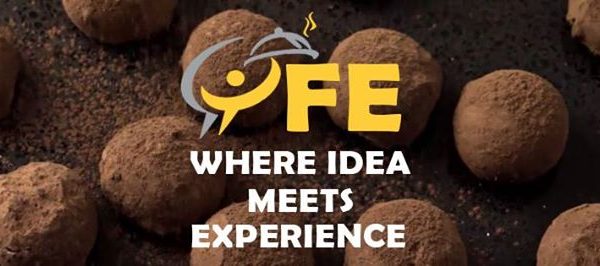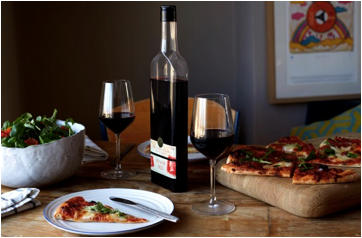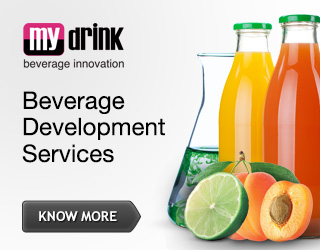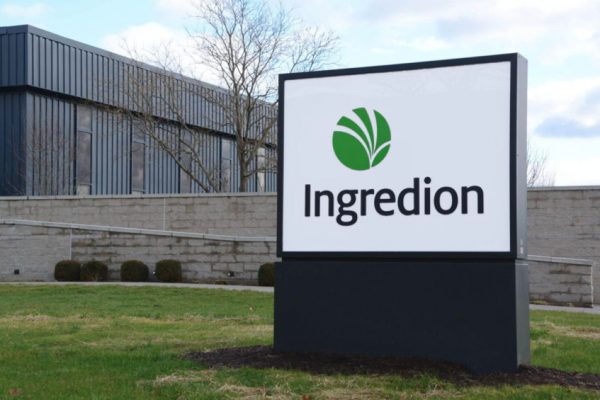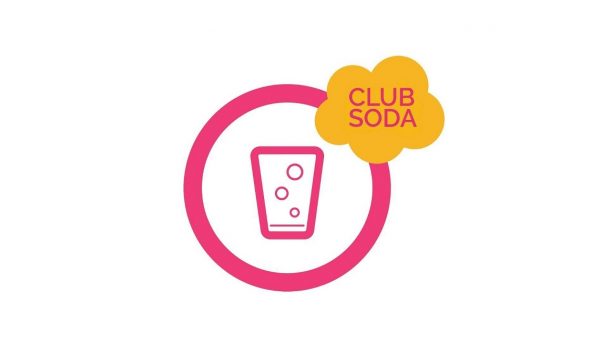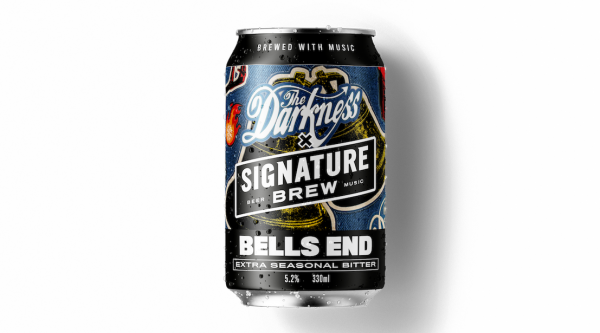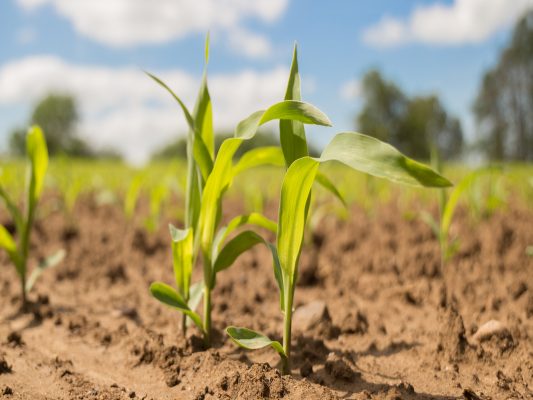How To
Does Your Beverage Need A Shelf Life Study?
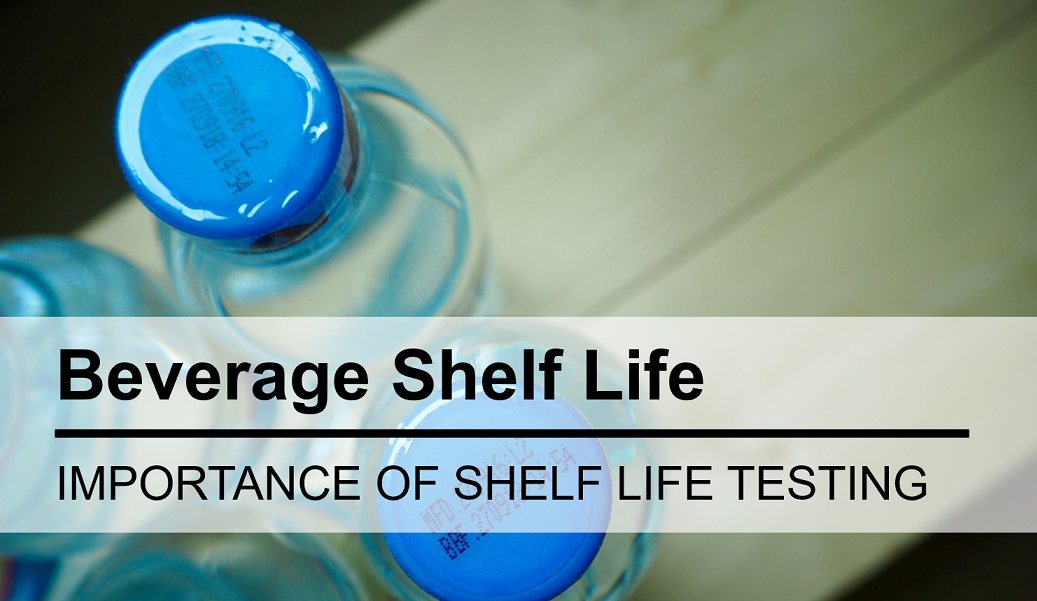 Quality has never been more critical for beverage brands. Retailers and customers gravitate toward brands they perceive to be transparent and trustworthy. Even a small incident can ruin a company’s image and negatively impact profits. Accurate data is the starting point for building consistent quality into your product and processes. Shelf life testing provides valuable information to create quality standards that establish and safeguard stable and successful beverage brands.
Quality has never been more critical for beverage brands. Retailers and customers gravitate toward brands they perceive to be transparent and trustworthy. Even a small incident can ruin a company’s image and negatively impact profits. Accurate data is the starting point for building consistent quality into your product and processes. Shelf life testing provides valuable information to create quality standards that establish and safeguard stable and successful beverage brands.
What is Shelf Life?
Shelf life is the period during which a beverage is stored and sold without significant loss of quality or functional properties. Shelf life differs from an expiration date, which is the date after which a product should no longer be consumed, either by operation of law or by exceeding the shelf life for perishable goods. A beverage’s shelf life is an essential indicator of the quality or loss of quality in a product. The producer is responsible for determining shelf life. Certain beverages may have regulations or standards specific to their industry for the usage of “sell-by” dates and “best-by” dates.
What is a Shelf Life Study?
Reliable “use by” or “best before” times cannot be determined by guesswork or by copying a competing product’s shelf life. Shelf life testing is customized to your product and the information you need to measure and control. A shelf life study is a scientific process for determining the length of time a product will meet specific standards in relation to parameters such as microbiology, taste, appearance, nutrient levels, and aroma.
Some of the ways beverage manufacturers leverage a shelf life study include:
- Improving product quality and shortening time to market
- Ensuring product efficacy throughout its shelf life
- Making sure that combined ingredients within a formula remain stable over time
- Verifying your formula’s compatibility with the packaging you’ve selected
- Making sure your formula does not degrade in a way that compromises the safety and purity of your product
- Exploring ways to lengthen product shelf life
- Defining the storage conditions required for your beverage to maintain quality over time
Testing will vary depending on the product, storage conditions, and any claims on the product. Although each shelf life study is unique, the overall process is the same.
Step 1: Review Formula and Storage Conditions
For your shelf life study to be accurate, your beverage should be made in a way that reflects normal production. These could be samples from a pilot facility, or samples from a full production run. Bench tops samples may not be representative of a true production run (due to scale-up error). Shelf life is impacted by ingredients, type of product and product claims, packaging, temperature exposure and handling, and expected usage after opening.
Step 2: Identify Factors for Safety and Quality
After reviewing the formula and storage conditions, the required organoleptic quality and food safety standards need to be outlined. Any legal claims, such as nutritional content, will also need to be factored into testing for any nutrients that may degrade over time. The testing program for a product will depend on customer and legal requirements and should follow accredited testing methods.
Step 3: Testing
There are several methods of testing that can be used to help determine a product’s shelf life. Two of the most common are the direct and accelerated testing methods.
Direct method: The direct method is a combination of real-time studies that involve storing the product under conditions similar to those it will face on the market while monitoring its properties over regular intervals of time. While this method is extremely accurate, it takes a long time to conduct.
Accelerated method: Accelerated testing modifies conditions such as pressure and temperature to accelerate spoilage reactions in a beverage. These tests help predict the behavior of a beverage under certain conditions. Using accelerated tests, brands can predict how environmental conditions and variations in ingredients will impact the end product’s properties. Although it can produce results three times faster than the direct method, the accelerated process carries some margin of error because the modified conditions may create reactions that would normally not take place on the shelf.
Most shelf life studies include both food quality standards as well as organoleptic quality standards. In addition to microbiological analysis, the product will also undergo sensory testing to ensure properties like taste, smell, and appearance meet requirements over the specified time.
Step 4: Analyze Results and Set Shelf Life
The final shelf life study report verifies that your product is shelf-stable and establishes time parameters from production, distribution, sale, and consumption. A shelf life study should also extend beyond the actual expiry date to ensure that your beverage is safe beyond the expiry date marked. qual
Shelf life testing will need to be re-validated if you make any changes to your formula or production methods.
Shelf Life Study Considerations
When leveraged correctly, a shelf life study can deliver valuable information to help you make informed business decisions and protect and enhance product quality. Large retailers are increasingly requiring third-party shelf life tests from the manufacturers of the products they carry. There is no one-size-fits-all solution when it comes to shelf life testing. Your approach should reflect your unique product, lifecycle stage, data requirements, budget, and time table. Working with a skilled laboratory team that has experience with similar products will ensure a testing design that meets your objectives while avoiding unnecessary costs.
Are you ready to explore shelf life testing for your beverage? Schedule your free shelf life testing consultation with one of our lab technicians today.
Learn more about our full service testing facility: The Lab-Powered by BevSource.
Original article was published in Beverage Industry Blog.

